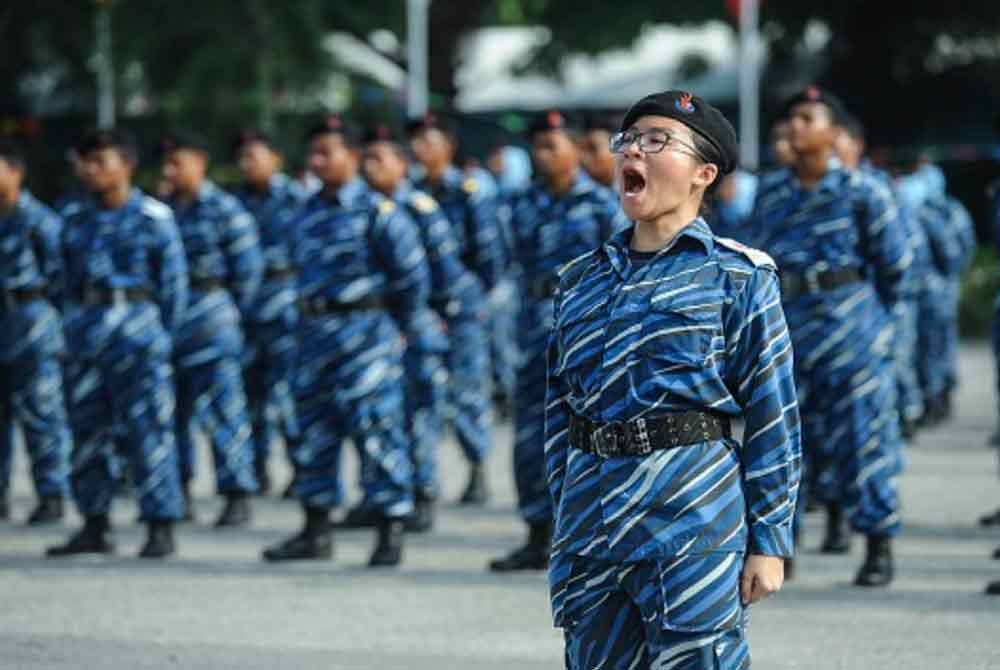PLKN 3.0: Continue or cancel?
The Special Select Committee on Nation Building, Education and Human Resources Development outlined seven reasons for rejecting PLKN 3.0, including that the programme lacked clear objectives and performance targets, echoing the unresolved issues of unclear goals from PLKN 1.0.

SHAH ALAM - In less than a month, the National Service Training Programme (PLKN) 3.0 will begin.
Deputy Defence Minister Adly Zahari announced in November that PLKN 3.0 will be rolled out in phases beginning Jan 12, next year.
He said the pilot programme involved 200 male trainees who were Sijil Pelajaran Malaysia (SPM) graduates and will be conducted at the Territorial Army (Askar Wataniah) camps nationwide.
It is understood that approximately RM50 million has been allocated to restart PLKN 3.0 after it was discontinued by the Pakatan Harapan (PH) government in 2018, citing high costs and questions over the programme's effectiveness in achieving its original objectives.
PLKN 3.0 will target participants aged between 16 and 35, including Form Four students, SPM graduates and students from higher education institutions.
However, the Special Select Committee on Nation Building, Education and Human Resources Development recommended that the government not proceed with implementing PLKN 3.0.
The decision made by the committee which comprised nine Members of Parliament, posed a major challenge for the government in deciding whether to proceed with the programme.
The committee's chairman Datuk Seri Saifuddin Abdullah said if the government still intended to implement it, a more detailed and in-depth study should be conducted first.
It also outlined seven reasons for rejecting PLKN 3.0, including that the programme lacked clear objectives and performance targets, echoing the unresolved issues of unclear goals from PLKN 1.0.
It argued that the PLKN 3.0 modules were mixed, with 70 per cent focused on military basics and 30 per cent on nation-building.
Introduced in 2004, PLKN aimed to instill patriotism among youths, foster national integration and build identity of the younger generation.
At that time, PLKN 1.0 and 2.0 were mandatory for 18-year-olds selected through a random ballot system.













